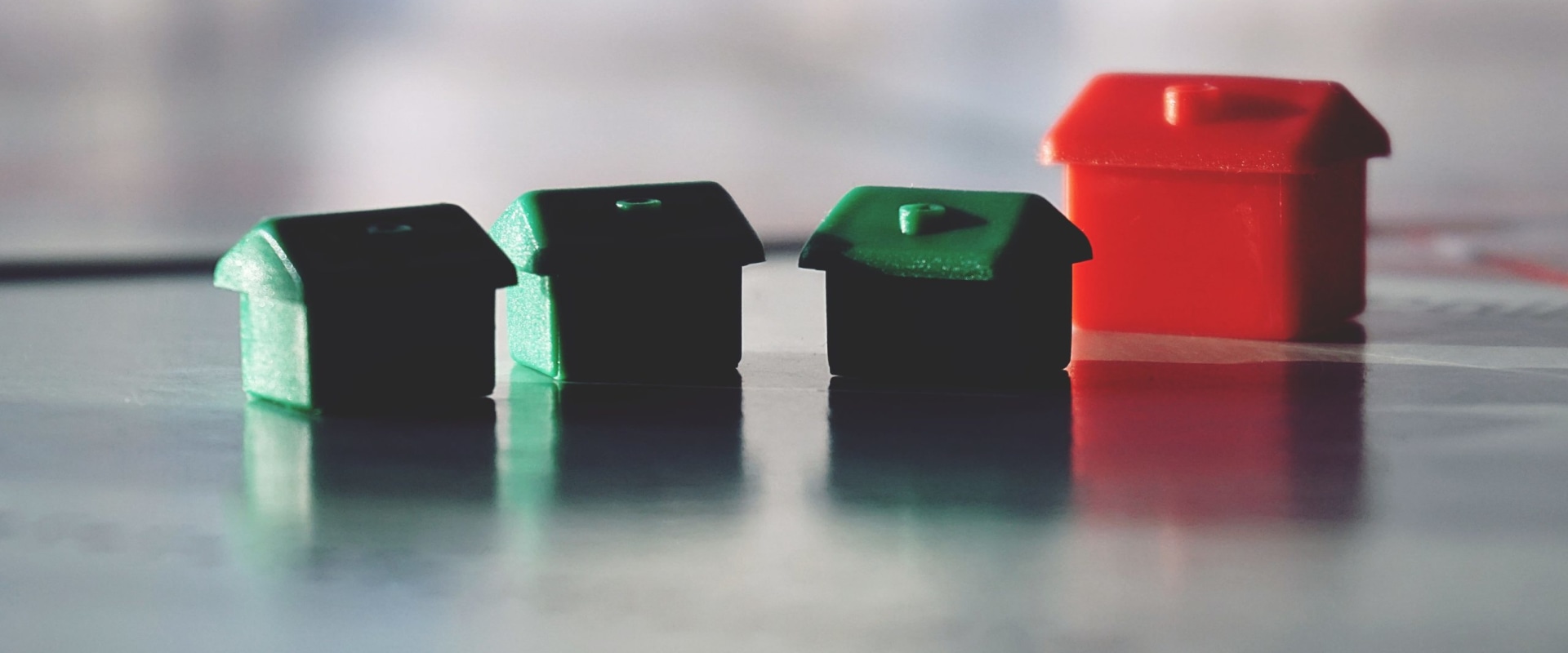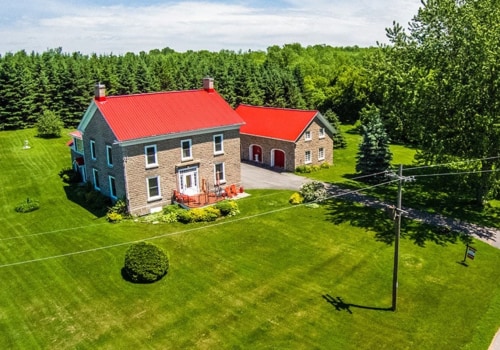Equity release mortgage rates have risen almost half a percentage point in the last year, leading them to rise from previous record lows. Interest rates are rising rapidly, and many speculate that they will continue to rise throughout the year. If you have a high balance of variable-interest rate debt, is now a good time to apply for a home equity loan before rates rise even higher? While interest rates are rising rapidly and are much higher than they have been since the mid-2000s, they are still historically low compared to previous decades. From 1980 to 1990, rates fluctuated from 9.04% to 18.45%.
Stock launch prices have been rising since the beginning of this year, Moneyfacts analysis says. Lenders will base the amount you can borrow on your age, the value of the property, and sometimes your health. Interest rates on lifetime mortgages are usually higher than those on standard mortgages. Comparison site Equity Release Supermarket shows multi-vendor rates range from 2.86% to 6.9%.
According to figures released by the Equity Release Council today (2 April), the new plans agreed reached 12,174 between January and March, compared to 10,030 in the same period last year. One of the rules of the Equity Release Council is that for a plan to meet standards, all variable rates must have an upper limit. Equity release products are available to homeowners aged 55 and older, allowing them to free up money from the value of their home after a regulated process of financial advice and independent legal advice to determine if this is suitable for their individual circumstances and needs. long term.
Many capital release products offer borrowers the opportunity to repay interest if they wish to do so. The release of capital, a way in which those over 55 can get money out of their property without needing to move home, is becoming more common, with an increasing number of offers and lower rates available. Samuel Gee, director of Manning Gee Investments Limited, warned that while releasing capital under the right circumstances is a worthwhile product, the figures show that it seems to be relatively easy for clients to raise capital or take further reductions. If you have a variable interest rate on something like a credit card or home equity line of credit (HELOC), interest rate hikes directly affect you.
To receive a monthly email with the most recent interest rates on the share issue, simply fill out the form below. Research and Insights Get involved and see the results of Mortgage Strategy's flagship research on industry trends. During the previous two quarters, the annual change in the number of new capital release plans agreed had decreased 3, and then 5 percent. A home equity loan is usually a lump sum loan for a fixed amount with fixed monthly payments and a fixed interest rate, rather than a variable interest rate loan.
Mr. Burrowes believes innovation has made capital launch products more adaptable to changing circumstances At 55, if you want to free up 25.00% of your property value, the best interest rate would be 4.64% (AER). You might have a lower interest rate or a more significant release if you ask for a name. In total, 23,395 new and returning customers over the age of 55 used capital release products to access money from the value of their homes between January and March.
.





